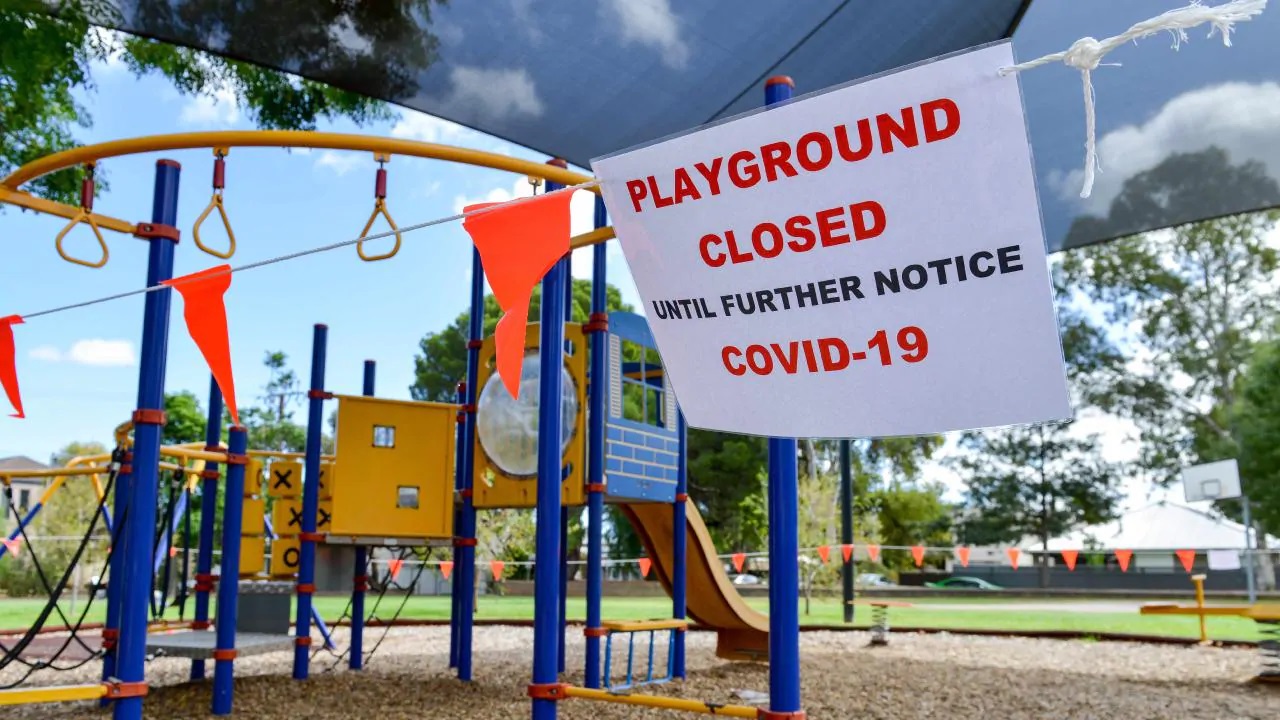
The COVID-19 pandemic has had a large impact on how society is functioning. The primary policy responses in many countries have been to minimise the number of deaths due to COVID-19 by implementing various restrictions on the movement of people to contain the spread of the virus. This has resulted in major changes to how society functions, including school closures, the banning of mass gatherings, including entertainment events, weddings and funerals, and the forced closure of businesses like cafes and restaurants. The impacts of COVID-19 on the general population are therefore not limited to direct health impacts of COVID-19 but also include indirect impacts related to broader wellbeing, through factors that are restricting daily living, such as home working, home schooling, loss of livelihoods, financial concerns and other health concerns, including mental health conditions.
This research project has two aims. The first is to assess and compare how general population capability wellbeing levels have been impacted internationally. The second aim is to assess how values for different capabilities have been impacted by COVID-19. The ICECAP-A quality of life questionnaire will be used to address these aims. This online panel survey will be conducted to obtain information on the capability wellbeing of a representative sample of the general adult population in the UK, Australia and the Netherlands. This will allow the research team to assess the impact of the COVID-19 pandemic on people’s capabilities to do and be the things in life that are important to them, such as being independent and being able to enjoy and have pleasure in life. Such information can help inform decision-makers in governments about the impact of their policies in response to COVID-19 on the general population. The UK survey will also involve a valuation study, using a stated preference economic valuation methodology called best-worst scaling.
It is hoped that this study will improve our understanding of the impact of strict social distancing and lockdown policies, and inform action for future pandemics. It will also tell us the impact of COVID-19 on the broader wellbeing of the general population in three countries and if values held in society have changed as a result. If this is so, it could add further justification for reshaping how policymakers use economic evaluation (‘value for money’) estimates in deciding what health and care interventions should be provided to their patient populations and developing a new life-course framework that accounts for changes in both what matters and how much it matters across the life-course.